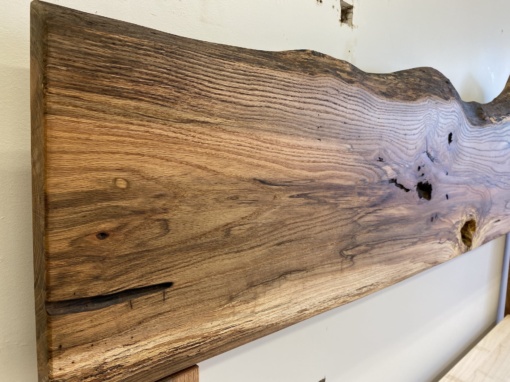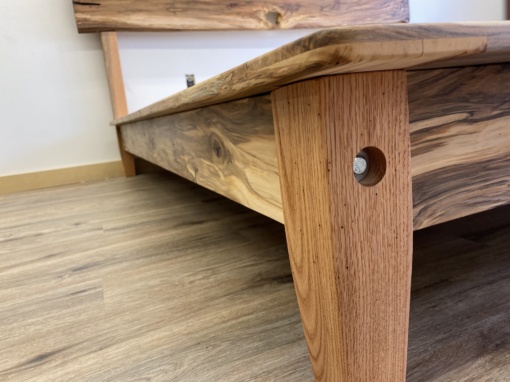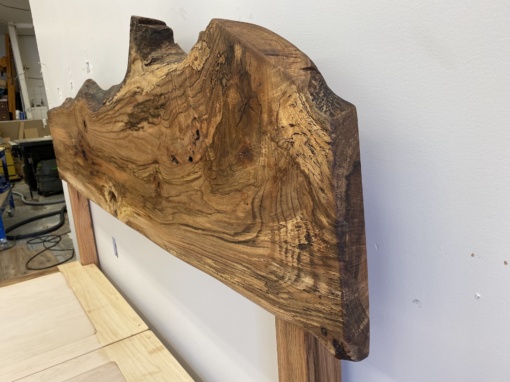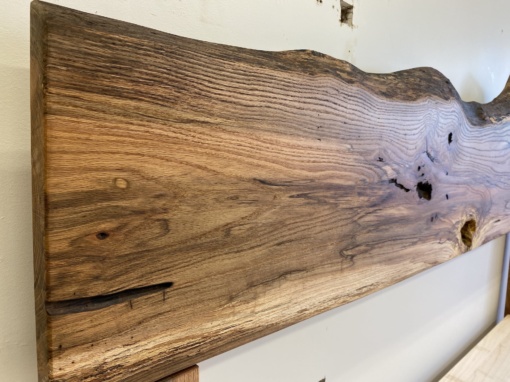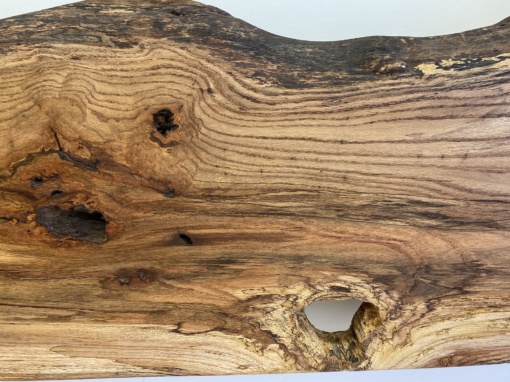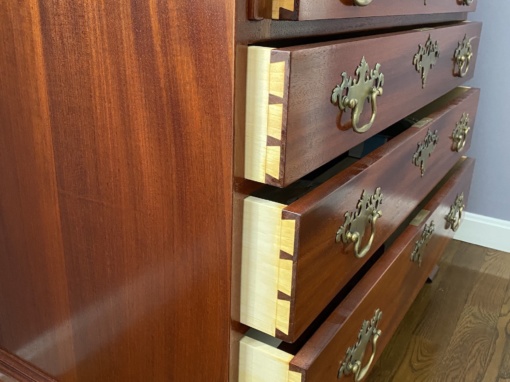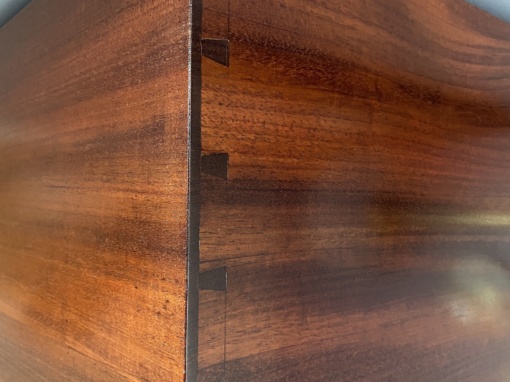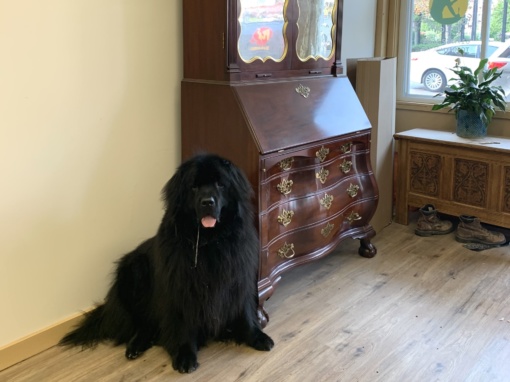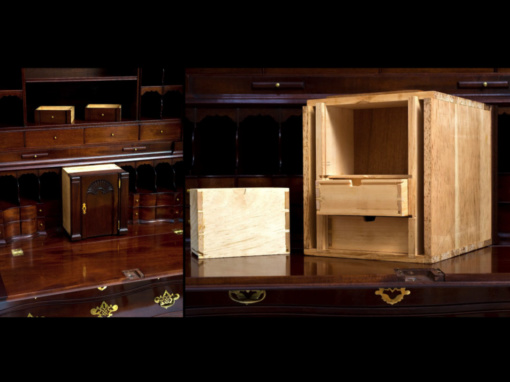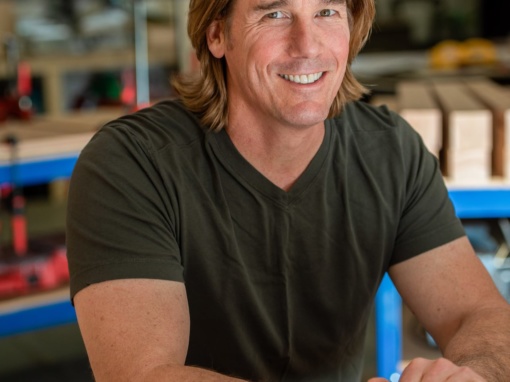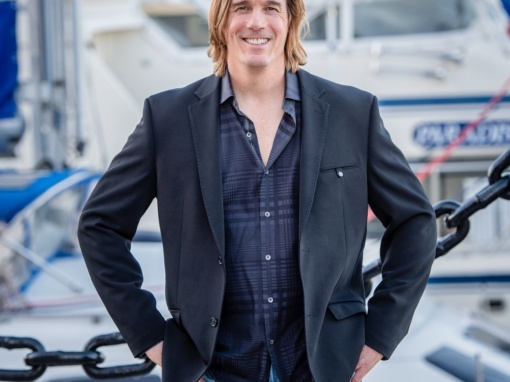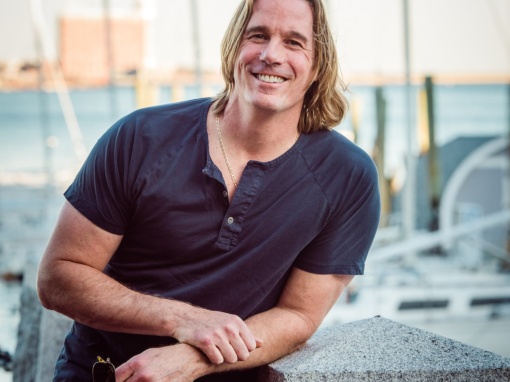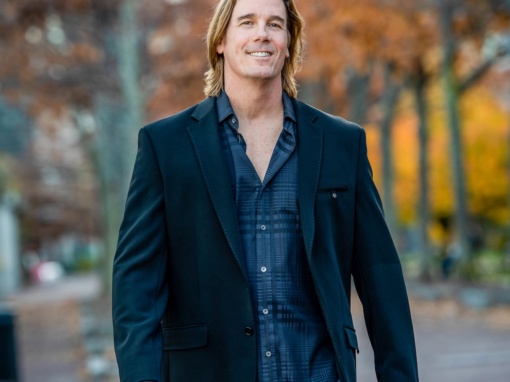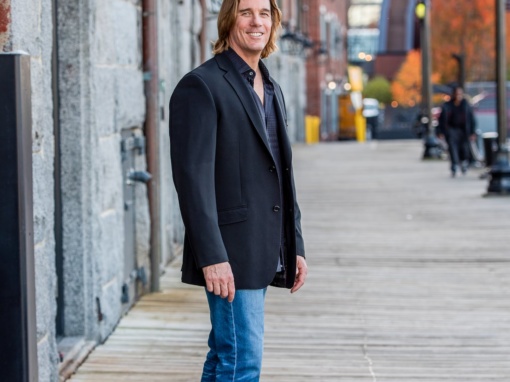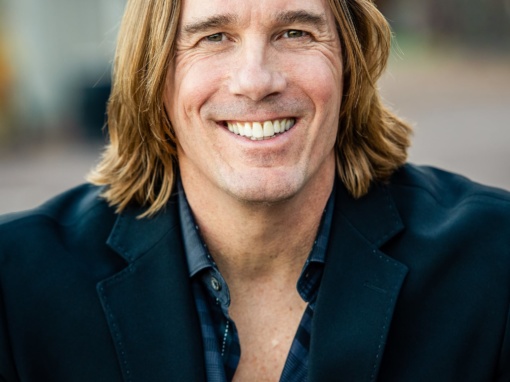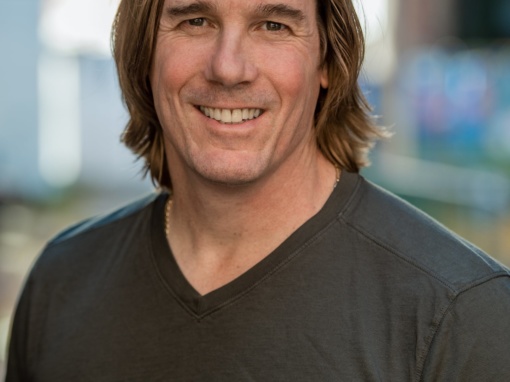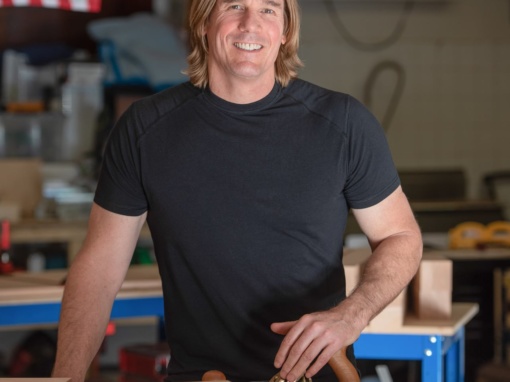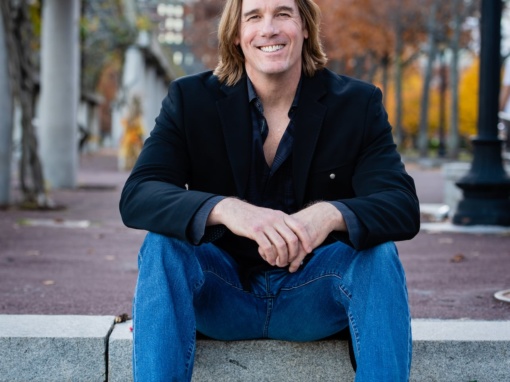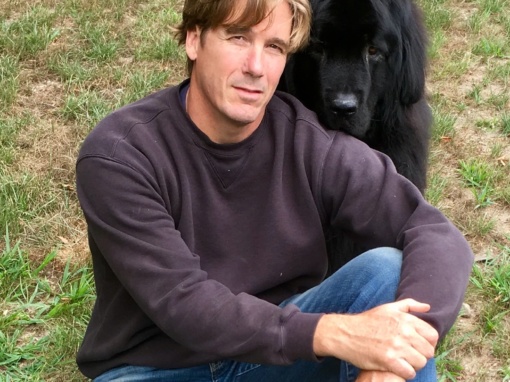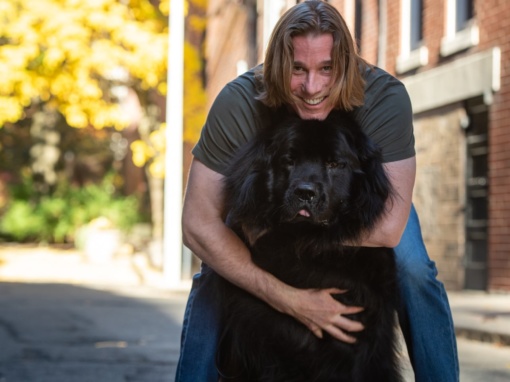A huge flock of huge turkeys just paraded again through my yard. Perhaps to impress upon our too human emotions that they were here first. They are big creatures. And smart. And adaptable. They have evolved and survive in our human urban-ecosystem despite their forest genes.
The first Thanksgiving was to give thanks for those settlers that survived. Disease and hunger were rampant. The Indians brought food (and then were wiped out by white folks’ diseases). Visiting their recreated Plymouth Plantation today makes stark the contrast between how we live today (houses, electricity, medicine, food) and how they lived.
In olden times, the myths of winter were scary. Weird opinions that sought to explain the changing of the seasons, starvation, wild animals, diseases, floods, hurricanes, death. They’ve been replaced by even sillier modern myths like Harry Potter, and a teen-aged vampire. I read fairy tales when I was young.
The Junco birds are back so I know that winter has arrived. They are Mother Nature’s calendar. It’s time to light the wood stove and wait for the coming of spring and return of the planting season.
Perhaps it is time for us humans to grow up and out of the old mythology and fairy tales. Scientific information is illuminating our physical world as never before. Neurological science is explaining the cellular activity in the human brain. And this is changing our understanding of why we believe what we think we know. It’s also changing our understanding of some long held beliefs.
Some serious thoughts: What is fact and what is opinion? More important, what is science and what is passion. For example, Darwinism versus Creationism is an old dichotomy that has been dragging along for more than an century.
Today, with information coming in tweets and blogs plus plagiarized books and articles, plus passionate opinions, it’s hard to know what’s fact, and what’s hot air. A lot of people have an idea and spout off, but often really don’t know anything about the subject. First they make up their minds, then get “the facts” on line. But they only look at information to support themselves, never both sides.
I, for one, enjoy the arrival of the Junco at the bird feeder. In his bones, he can tell how fast the temperature is dropping in Canada, and he remembers that food is available in my garden. He can’t read the scientific Growing Degree Days temperature charts as I can. But he will feel the warmth when its time to fly north again. And often be wrong.
That is the difference between understanding the world by feelings or by scientific information. Human society is still learning when it comes to myths versus knowledge. And Thanksgiving is a good time to recall the myths and black fears of the Pilgrims and try to move from their log houses to the modern world. And be give thanks for what a better life we enjoy today.
Ruth S. Foster is a landscape consultant and arborist. More gardening information can be found on her website: www.mothersgarden.net.
Credit: Ruth S. Foster


